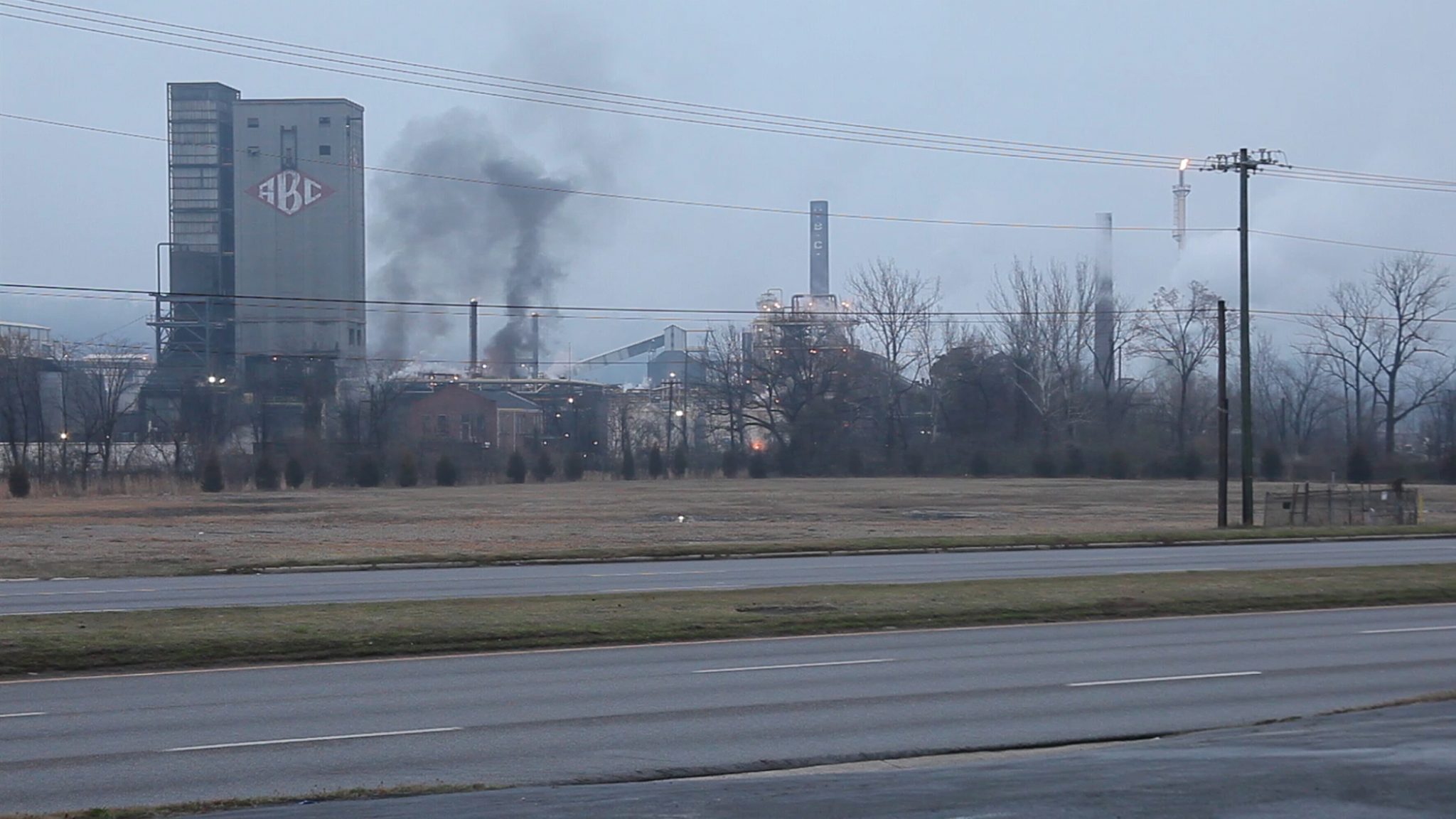Report: Exposure to Air Pollution May Make COVID-19 Deadlier
A new study suggests that people diagnosed with COVID-19 who are exposed to high levels of particle pollution, or PM 2.5, are more likely to die from the disease. A team of researchers at the Harvard University T.H. Chan School of Public Health collected data from 3,080 counties in the United States, accounting for 98% of the nation’s population. Specifically, they found that “an increase of only 1 g/m3 in PM2.5 is associated with a 15% increase in the COVID-19 death rate.”
That communities exposed to higher levels of air pollution are more vulnerable to the coronavirus should come as no surprise. Just like air pollution, COVID-19 significant impacts the body’s respiratory and cardiovascular systems. Individuals who breathe more air pollution are more likely to have the same pre-existing conditions that increase the risk of death from the coronavirus.
“The results of this paper suggest that long-term exposure to air pollution increases vulnerability to experiencing the most severe COVID-19 outcomes,” the researchers said. “These findings align with the known relationship between PM2.5 exposure and many of the cardiovascular and respiratory comorbidities that dramatically increase the risk of death in COVID-19 patients.”
This research comes on the heels of Andrew Wheeler, Administrator of the U.S. Environmental Protection Agency, announcing what is in effect a moratorium on federal enforcement of environmental policy. “This policy allows power plants, factories and other facilities to determine for themselves if they are able to meet legal requirements on reporting air and water pollution,” Staff Attorney Haley Lewis wrote last week in a blog post.
“The results of this study also underscore the importance of continuing to enforce existing air pollution regulations during the COVID-19 crisis,” researchers wrote. “Based on our result, we anticipate a failure to do so can potentially increase the COVID-19 death toll and hospitalizations, further burdening our healthcare system and drawing resources away from COVID-19 patients.”
We cannot let this public health and economic crisis become an excuse for lax enforcement of life-saving environmental protections. In fact, this pandemic is a reminder that environmental protections save lives. Now more than ever, the work of Gasp is vital to the long-term health of all Alabamians.



